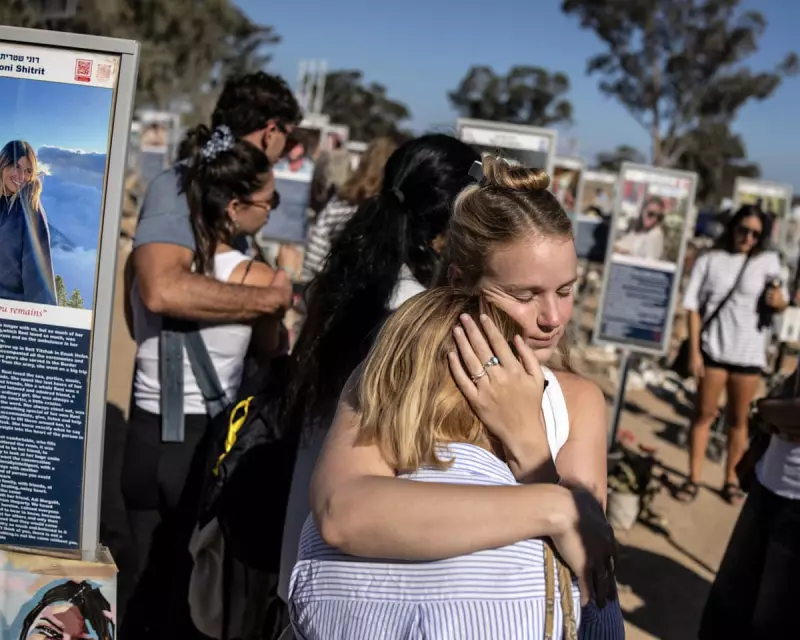
One year after Hamas militants stormed their peaceful kibbutz, the Greenberg family remains physically and emotionally shattered by an attack that would forever alter their lives.
A Day That Changed Everything
When dawn broke on 7 October 2023, the Greenbergs were enjoying a typical Saturday morning in their Nahal Oz community near the Gaza border. Within hours, their world would collapse as militants breached the kibbutz perimeter, leaving devastation in their wake.
"We went from breakfast to survival in minutes," recalls mother-of-three Sarah Greenberg, her voice trembling even now. "The sounds, the smoke, the screaming – it's etched into my memory forever."
The Fractured Family Unit
The attack didn't just damage property; it tore the very fabric of family life. Twelve months later, the Greenbergs live scattered across different cities, unable to return to their home or rebuild their former life together.
- Eldest daughter Maya, 17, suffers such severe anxiety she cannot sleep without night terrors
- Father David experiences flashbacks that make returning to their kibbutz impossible
- Youngest son Tom, 9, now attends therapy three times weekly for trauma-related issues
- The family hasn't shared a meal together in their own home for over a year
A Nation's Unhealed Wounds
The Greenbergs' story reflects a broader national trauma affecting thousands of Israelis. Mental health professionals report unprecedented demand for psychological services, with many survivors experiencing complex post-traumatic stress disorder.
"What makes this different from previous conflicts is the intimate nature of the violence," explains Dr Aaron Cohen, a trauma specialist treating multiple affected families. "When your home is violated, the sense of safety is profoundly damaged, sometimes irreparably."
The Long Road to Recovery
While physical reconstruction of damaged communities progresses slowly, the psychological rebuilding presents even greater challenges. Many families face difficult decisions about whether to return to border communities or start anew elsewhere.
"We're not just rebuilding houses; we're rebuilding trust, security, and the belief in a future," says community organiser Rachel Ben-Ami, who works with displaced families. "This will take generations, not years."
As the Greenbergs mark this painful anniversary, their story stands as a testament to both human fragility and resilience in the face of unimaginable violence.





